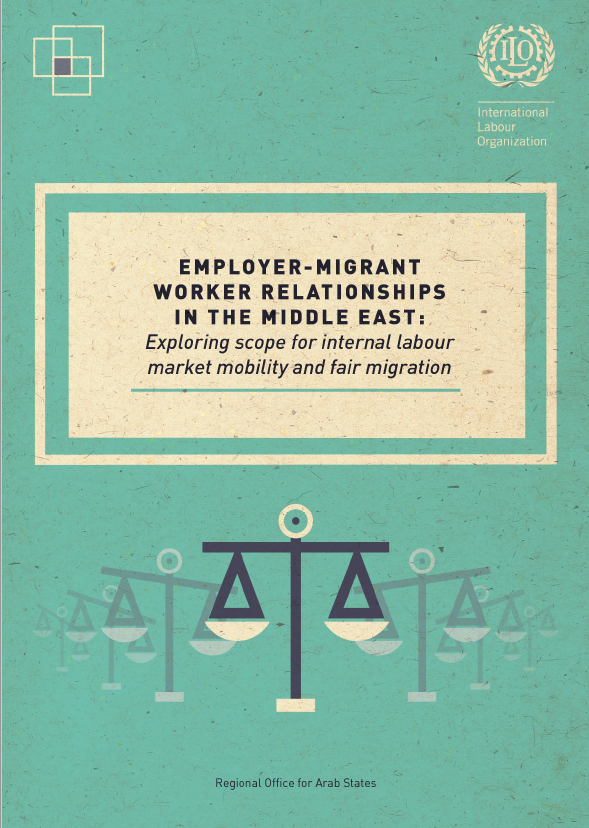The unique aspects of sponsorship systems in the Middle East, commonly known as kafala, result in a delegation of responsibility by the State to the private employer to oversee both a migrant worker’s immigration and employment status. This is inherently problematic as it creates an imbalance between the rights and abilities of workers and employers to terminate an employment relationship, and be mobile on the labour market in the respective country. This paper argues that reforming the sponsorship systems in a way which disassociates a worker’s immigration status from their employer’s control, and enables a migrant worker to resign or terminate his/ her employment contract by giving reasonable notice and without losing valid immigration status, can have significant economic, social and administrative benefits. Furthermore it may contribute to progress towards nationalization programmes, the smooth functioning of the labour market, and adherence to the rule of law.

